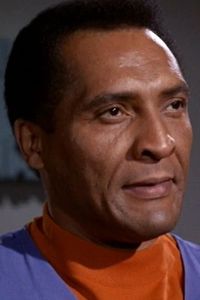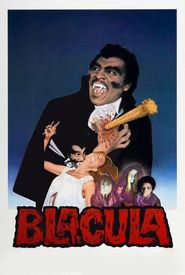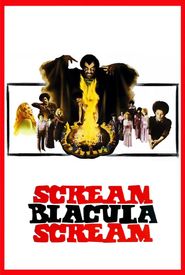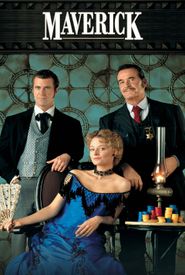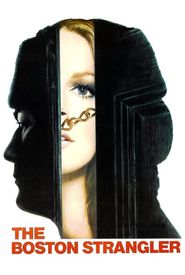William Marshall, a talented African American actor, embarked on a remarkable journey in the world of entertainment, honing his craft in the esteemed realms of Grand Opera, Broadway, and Shakespearean theatre.
Throughout the 1950s and 1960s, Marshall's impressive filmography included notable roles in "Lydia Bailey" (1952),"Something of Value" (1957),"To Trap a Spy" (1964),and his iconic collaboration with Tony Curtis in "The Boston Strangler" (1968).
Although Marshall's career experienced a moderate level of success during this period, it wasn't until the 1970s, often referred to as the "blaxploitation" era, that he truly made a lasting impact on the industry.
During this pivotal decade, Marshall starred in a string of influential films, including the groundbreaking contemporary vampire melodrama "Blacula" (1972),its sequel "Scream Blacula Scream" (1973),and the Exorcist-type film "Abby" (1974).
In the 1980s, Marshall's acting career took a unique turn as he became a beloved fixture on the popular Saturday morning TV kiddie show "Pee-wee's Playhouse" (1986),a role he accepted on behalf of his grandchildren.
Marshall's extensive filmography also includes notable appearances in "Maverick" (1994) and "Dinosaur Valley Girls" (1996).
After a remarkable acting career spanning several decades, Marshall retired from the entertainment industry and passed away in June 2003, succumbing to the devastating effects of Alzheimer's disease.
